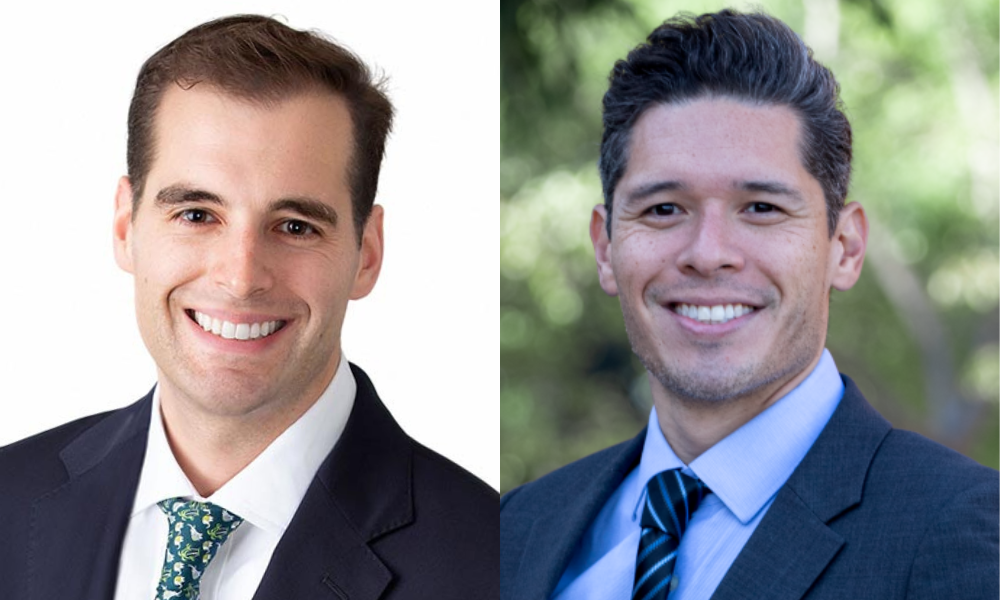

Financial advisors may want to think twice before skipping breakfast. It could end up costing them.
Out of all traded stock indexes, bond ETFs, currencies, and commodities, the three biggest investment winners in 2024 were cocoa, up 178 percent, coffee, rising 70 percent, and orange juice, which soared 55 percent, according to FactSet. Coming in a not-so-distant fourth place was natural gas, which soared 45 percent.
All four trounced the S&P 500’s not-too-shabby return of 23 percent for the year, proving perhaps that breakfast is truly the most important meal of the day. Or at least the most profitable for investors.
And now the price of corn appears to be popping as well.
The Teucrium Corn ETF (Ticker: CORN), which tracks the price of corn futures, is up about 7 percent so far in 2025 due to adverse weather conditions in the past 12 months. The Teucrium Corn ETF fell almost 13 percent last year.
Considering all the price momentum in the asset class, is it time for investors to start adding commodities to their 2025 shopping lists?
Sean Beznicki, director of investments at VLP Financial advisors, for one, does not believe so.
In his view, investing in commodities is not ideal because their performance often relies on unpredictable exogenous factors, such as supply chain disruptions, extreme weather events, and fluctuating global demand.
“These factors are highly volatile, difficult to forecast, and can lead to significant price swings, making broad exposure to all commodities inherently risky without sufficient diversification or hedging strategies,” Beznicki said.
Along similar lines, Christopher Davis, wealth manager with Hudson Value Partners, avoids direct commodity exposure, preferring to get it through operating businesses, whether they are miners or royalty companies like Franco-Nevada (Ticker: FNV). He also holds shares of Deere & Co. (DE) for exposure to the agriculture complex.
“Investing directly in commodities can be a slippery slope for private clients - first it is brent and then soybeans - none of which can be held for long-term capital gains,” Davis said.
Eric Amzalag, CEO of Peak Financial Planning, agrees that commodities can be hugely profitable if traded correctly, but as an independent advisor he also begs off.
“Yes they can be huge winners, if you know what to choose. But they can also be huge losers, if you don't know when to take profits,” Amzalag said. “I've used a commodity fund for the commodity exposure I'd like in clients portfolios. But overall commodities are much more difficult to pick winners with in my opinion.”
Finally, Stephen Kolano, chief investment officer at Integrated Partners, does consider commodities as part of an overall portfolio diversification, specifically as part of a real assets allocation which tend to perform well during periods of rising inflation levels and inflation expectations. Precious metals and overall commodity beta tend to be the most sensitive to changing inflation expectations, according to Kolano.
“We consider them as part of a diversified real asset allocation given that by themselves commodities tend to have long term expected returns in line with inflation and have higher levels of volatility,” said Kolano, who tends to gain exposure to commodities through ETFs.

It's a showdown for the ages as wealth managers assess its impact on client portfolios.

CEO Ritik Malhotra is leveraging Savvy Wealth's Fidelity partnership in offers to Commonwealth advisors, alongside “Acquisition Relief Boxes” filled with cookies, brownies, and aspirin.

Fraud losses among Americans 60 and older surged 43 percent in 2024, led by investment schemes involving crypto and social manipulation.

The alternatives giant's new unit, led by a 17-year veteran, will tap into four areas worth an estimated $60 trillion.

"It's like a soap opera," says one senior industry executive.
RIAs face rising regulatory pressure in 2025. Forward-looking firms are responding with embedded technology, not more paperwork.
As inheritances are set to reshape client portfolios and next-gen heirs demand digital-first experiences, firms are retooling their wealth tech stacks and succession models in real time.
